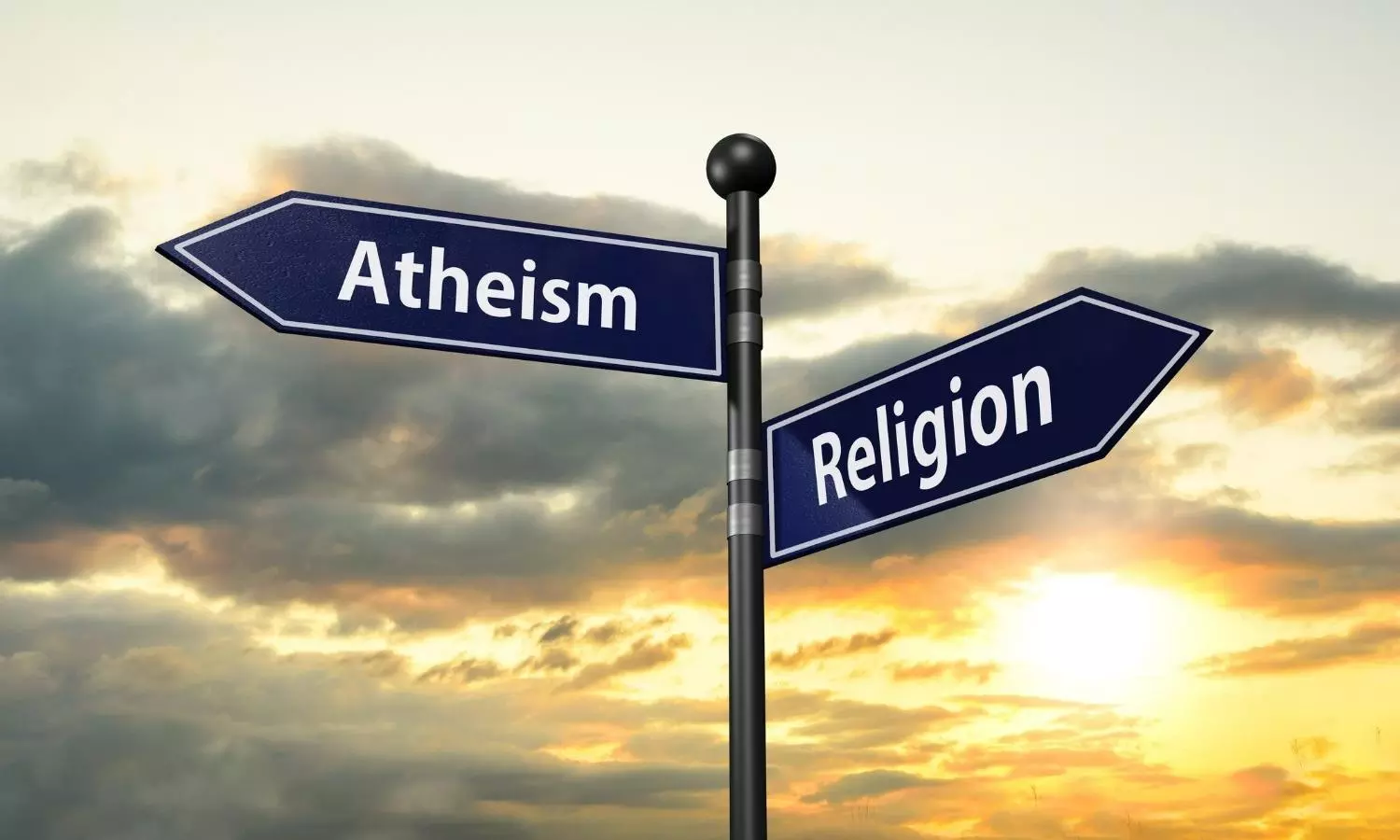
Karnataka to officially count atheists in upcoming caste census
Move sparks debate in social-political circles; some see it as a progressive step respecting personal beliefs, while others fear it may create needless confusion

The Karnataka government, for the first time, has decided to officially count people who do not believe in God or religion — atheists — alongside caste and religion data.
The upcoming Social and Educational Survey (caste census), scheduled to begin on September 22, will include a new category: atheist. Through this, the government aims to arrive at an accurate figure for the atheist population in the state.
Also read: Caste census: Decision to postpone only after talks with Siddaramaiah, says DKS
Traditionally, census exercises have been restricted to caste and religion. The addition of this new category is being described as a revolutionary step. It allows individuals to go beyond religious identities and record their ideological stance.
Rs 425 crore earmarked
The government has earmarked Rs 420 crore for this large-scale survey, running until October 7. The main objective is to revise the backward classes’ reservation list and ensure welfare schemes reach beneficiaries effectively.
Also read: After Bihar and Kerala, SIR set to begin in Karnataka
The previous caste survey in the state had triggered considerable controversy. Determined to avoid such disputes this time, the Siddaramaiah-led Congress government has promised a more scientific and transparent exercise.
We atheists are a minority, and we too deserve rights and protection: Progressive writer Yogesh Master
The inclusion of an atheist category has already sparked fresh debate in social and political circles. Some see it as a progressive step respecting personal belief and freedom, while others fear it may create unnecessary confusion in a religiously sensitive society.
Why enumerate atheists?
“There is a need to enumerate atheists. I am proud of my atheist identity," progressive writer Yogesh Master told The Federal Karnataka. "This survey goes beyond caste and religious conflict and will pave the way for progress."
"People with mental strength naturally become atheists. They don’t depend on God; they take responsibility for their own fortunes and misfortunes. Atheists are mentally resilient. While some remain in doubt, it is important to recognise this identity. Those who declare themselves atheists are secular. I welcome this government decision,” he added.
Yogesh Master further said: “People trapped in rigid traditional frameworks end up facing serious issues like superstition and honour killings. Atheism offers solutions to such problems. We atheists are a minority, and we too deserve rights and protection.”
'Call secular, not atheist'
“Anyone who doesn’t believe in God or religion is an atheist. They are also secular. The Constitution gives not only religious rights but also the right to choice. Instead of using the word atheist in the religion column, it should have been religionless, secular, or non-religious,” said progressive writer Banjagere Jayaprakash.
He recalled a recent Madras High Court judgment that recognised caste-free certificates. In that case, an applicant sought a caste-free certificate because they did not belong to any caste. But officials insisted that only caste certificates could be issued. The High Court struck this down. “Just as caste is a personal matter, the Constitution allows freedom of religious choice too. So, declaring oneself an atheist should not be seen as wrong,” he argued.
According to him, the atheist count respects diverse opinions and changing human rights. “Democracy must have space for such changes, and this survey validates individual belief,” he added.
(This article was originally published in The Federal Karnataka.)

